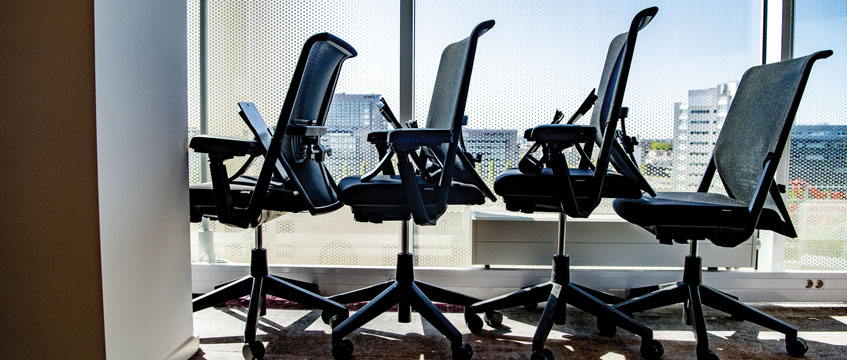REITs set for rebound as workers head back to the office
Listed owners of London offices are set for brighter days as UK workers start to head back to the workplace.
In a new note, analysts at investment bank Jefferies have outlined their expectations for office versus remote working across various countries – and what the shifts are likely to mean for the investment market in quoted office owners.
“With the rate of the vaccine news, we see a clear path to repopulating offices in the UK, which in turn is likely to be a catalyst for the equity rating of office stocks,” Jefferies’ team said.
Listed owners of London offices are set for brighter days as UK workers start to head back to the workplace.
In a new note, analysts at investment bank Jefferies have outlined their expectations for office versus remote working across various countries – and what the shifts are likely to mean for the investment market in quoted office owners.
“With the rate of the vaccine news, we see a clear path to repopulating offices in the UK, which in turn is likely to be a catalyst for the equity rating of office stocks,” Jefferies’ team said.
At British Land and Landsec, share price discounts to EPRA net tangible value of 23% and 31% respectively have narrowed from “trough discounts” of 55%, the team said, but will still be good value for investors.
“With prime portfolios, demand for energy efficient buildings will see rental increases, in our view, with +5% priced in for 2022 and 2023,” the analysts added. “Weaker performance in secondary offices will impact [Derwent London and Great Portland Estates] more – we estimate both circa 70% prime portfolios, but both stocks have significantly lower gearing with a strong development angle as experts in repositioning assets from secondary to prime.”
A return to the office is nonetheless likely to be slower than most landlords would like. Jefferies surveyed more than 5,500 individuals about life after the pandemic – three quarters expect a return to “normal” in the workplace by the end of this year, but only half said their company has mapped out a plan for staff to return to the office yet. In Europe, two-thirds of respondents said their employer has communicated no such plan.
Among those whose companies have set out a return plan globally, 57% will return to the workplace full time, 18% will work from home full time and 27% will be use a hybrid model. Full-time home working is more popular in the US, Jefferies found, with a hybrid approach more common in Europe.
Across all geographies, 31% of respondents said they expect to work from home more than once a week, up from about 20% before the pandemic struck.
In the UK, Jefferies notes, 40% of employed adults work from home according to ONS data, compared with 10% pre-pandemic. Employers seem eager to reverse that trend. “All industries apart from information and communication want to have less working from home according to the ONS,” the Jefferies team wrote. “WFH does not seem to be the long-term structural feature the office bears think.”
To send feedback, e-mail tim.burke@egi.co.uk or tweet @_tim_burke or @estatesgazette











